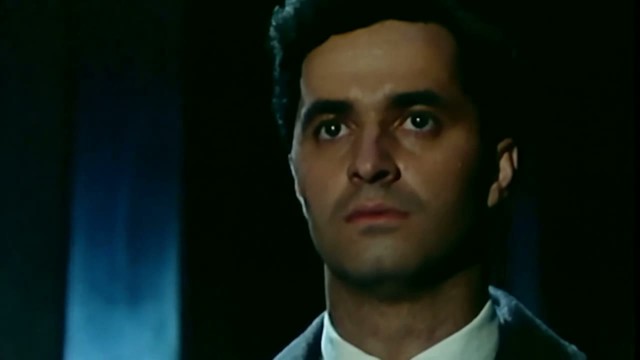Directed by:
Vladimír MichálekCinematography:
Martin DubaCast:
Martin Dejdar, Jiří Lábus, Jiří Schmitzer, Václav Marhoul, Libuše Tomanová, Tomáš Vorel st., Petr Vacek, Jan Schmid, Milan Riehs, Pavel Nový, Pavel Landovský (more)Plots(1)
Vladimír Michálek chose an unconventional adaptation of Kafka's novel for his feature debut. Artistically reminiscent of the classic films of Karel Zeman, the director reinterpreted this dark story of a man vainly seeking a place in a rigidly ordered society by changing the desperate conclusion INTO a happy end. The film provided Czech comic Jiří Lábus with a new kind of role: that of the despotic uncle. (official distributor synopsis)
(more)Reviews (4)
Vladimír Michálek has already proved in his directorial debut that not only his distinctive visual stylization but also the overall formal aspect would be his greatest asset in the future. A loose adaptation of Kafka's novel, co-created with cameraman (!) Martin Duba, who lacks any kind of captivating factor. The plot doesn't hold a dominant position and merely serves the director's unique storytelling, where grand but cold interiors are intriguingly combined with "theatrically" conceived exteriors, using a trick camera to great effect. The cast of the Ypsilon Theater is strongly distinguished in terms of acting. Martin Dejdar uncertainly oscillates, and I couldn't quite believe his initial nervousness in the big world or his emotional expressions towards the end. Model Jana Rytychová, in her only film role, precisely applies what made the director choose her - alluring beauty without any additional embellishments. If I hadn't seen Citizen Kane, I could definitely acknowledge Jiří Lábus for convincingly portraying an ostentatious old man with his magnificent mansion. Unfortunately, this excessive inspiration from Orson Welles' most famous work is to the detriment of the director himself. Later, however, he proved that he was capable of much more.
()
How did the creators of the film adaptation of Kafka’s novel Amerika get around the fact that it was unfinished? With a horribly kitschy happy ending, backed with a contemporary torch song by the band Lucie that doesn’t in any way fit with the style of the film up to that point. On the other hand, however, it superbly illustrates the pomposity of a blockbuster project that was supposed to be simultaneously distinctive, important and serious, but also viewer-friendly, marketable and saleable to the mainstream. Though Kafka himself, or rather his prose, is characterised by a problematic relationship to women, Michálek’s feature debut transforms the source work into an essentially ’90s flick that radiates all of the ills of the time. The Czech insecurity, overt misogyny and obscurantist ethos on display here completely overshadow Kafka’s motifs. However, it’s impossible to deny that Amerika has an imaginative formalistic grasp with expressionistically rendered large sets and, conversely, claustrophobically depressing semi-details of the interior sequences.
()
I could have imagined that the Ypsilon Theater and Kafka would go well together. But that even tricks like Karel Zeman's, fantastic sets by Jaroslav Róna combined with all sorts of real interiors, and the orchestral-electronic music by Michal Dvořák and David Koller would suit the subject so well... let’s just say I was more than pleasantly surprised. The film is almost amazing; it does drag a bit in places, but the slower pace is always saved by the actors, led by the impeccable Jiří Lábus (when his character disappears from the plot, America starts missing something important). Unlike some fellow viewers, however, I don't think the ending is a happy ending at all. But maybe I'm wrong. Who knows – after all, it's Ypsilon's Kafka.
()
I simply don't think that someone should take on Kafka. Let people analyze him, let them try to understand him, but trying to make a film or write and draw comics based on him simply won't work. Sure, it doesn't have to be bad, but it won't be great either. Unfortunately, in this case, the strongest impression is the music and the final song.
()

